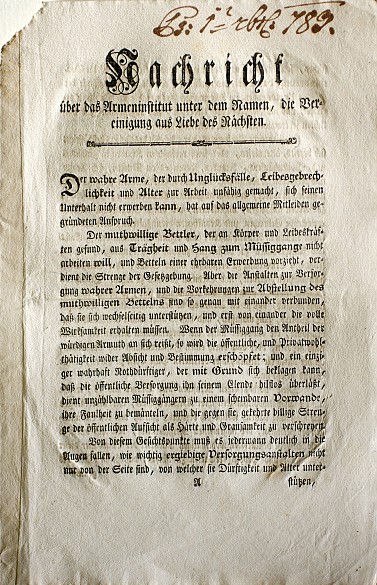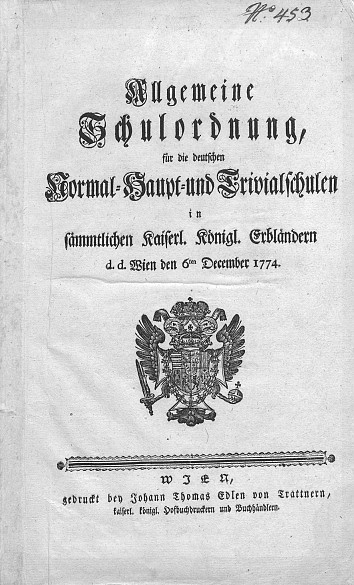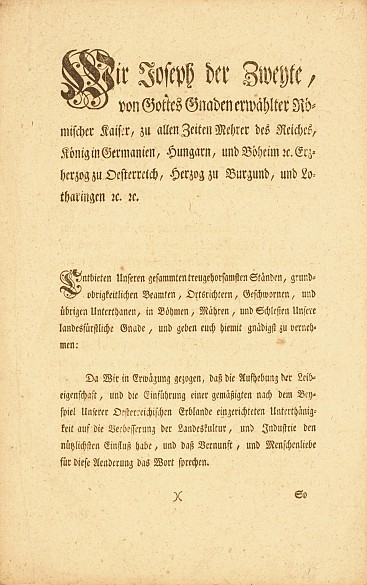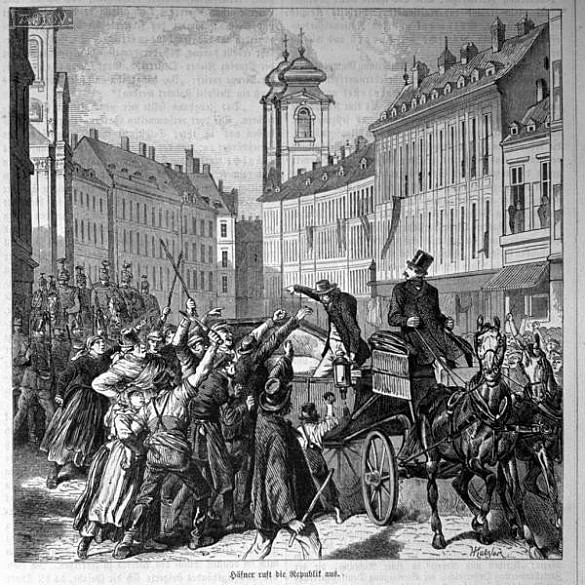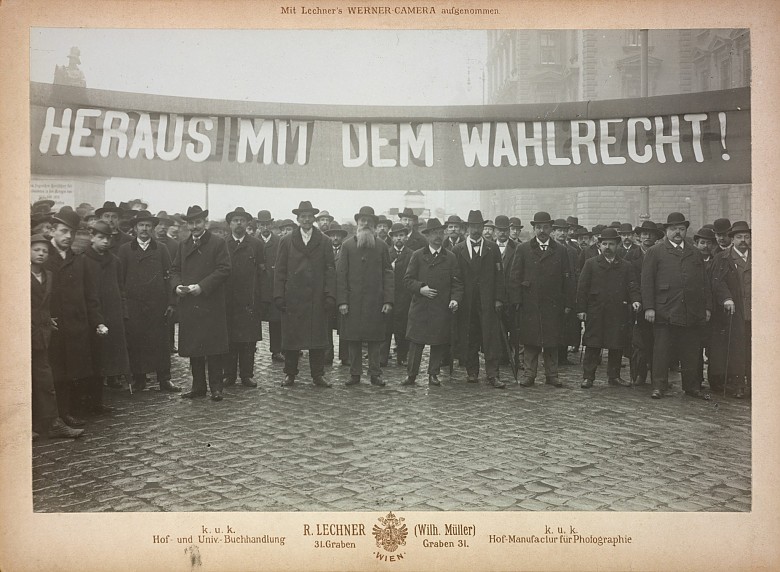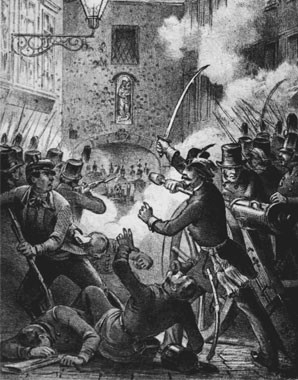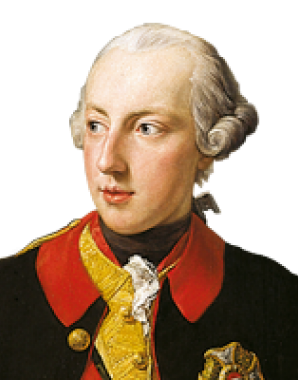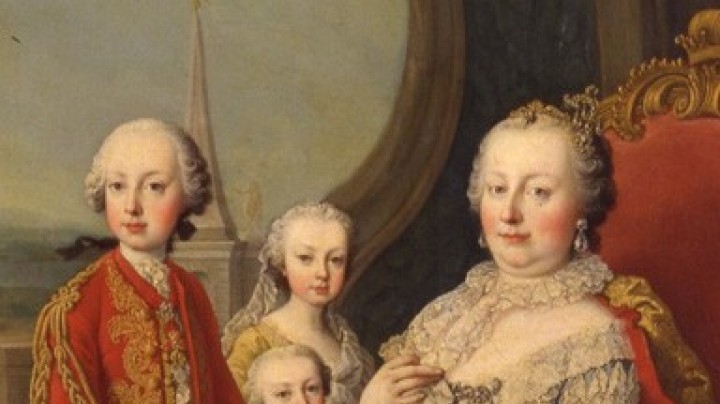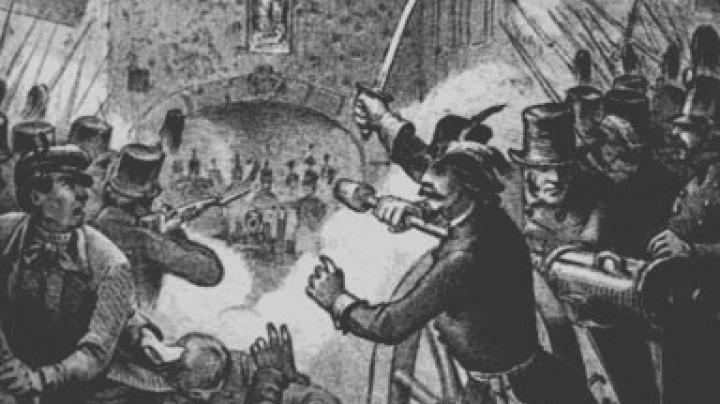Civil rights produce citizens
Many new laws were passed: restrictions on marriage were relaxed, different denominations were tolerated, and serfdom was abolished among the peasantry. The target groups of the reforms were all who could potentially develop the economy. Beggars and hawkers were not included.
During the Enlightenment many laws were passed in which the rights and duties of broad sections of the population were regulated: for instance, the Patents on tolerance, marriage legislation, abolition of serfdom for peasants, pension regulations, welfare of paupers, compulsory education and many more besides. The clergy, peasants, workers and children were all included in these legal regulations. But this was still a long way from full equality before the law. It was rather that the social reforms led to a new stratification of society and the old, medieval estate-based society was slowly breaking up. It was the intention of the rulers to remove power from the nobility by means of new hierarchies, and to create a competitive counterweight in the middle classes. These directives from on high assigned every subject – whether noble, elderly, sick or poor, prostitute, Jew, lawyer, journeyman, Catholic, merchant, child, teacher, Protestant or vagabond – a particular place in the social structure. All were categorized according to their use to society. While many groups such as beggars and hawkers were discriminated against and criminalized, civil rights gave privileges to others.
One’s profession constituted the most important capital for entry into the rising middle classes. In the best case, provision for old age, disability and widow’s pensions were connected with professional success. Many professional fields could only be entered after appropriate training, such as the civil service, which was particularly promoted by the ruling dynasty. Apart from the educated middle class a new commercial middle class also began to form in the eighteenth century. Because of the many wars the Court’s need for finance was very high. In pursuit of financial capital the economic order shifted away from artisans to manufactories and investors. The fact that the distribution of civil rights was very one-sided can be seen in the many uprisings that took place across Europe up to 1848. It was only very gradually that the struggle for universal equality before the law was won.
